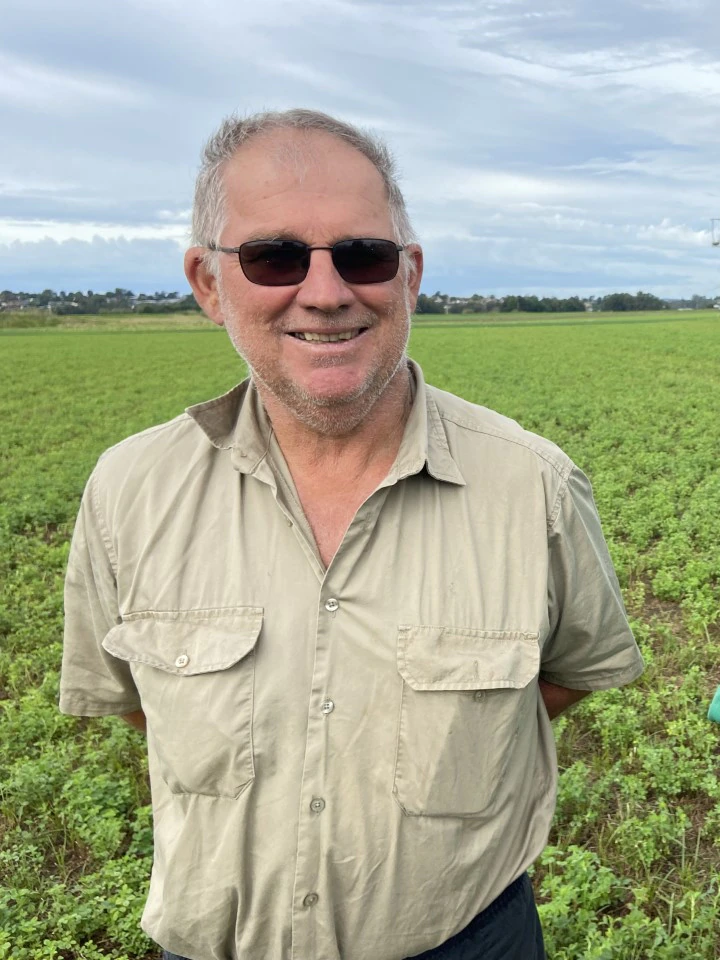The owner of a fourth generation vegetable farm in the NSW Hunter region says its immediate future has been assured after a water policy proposal that threatened to “cripple” the region was ruled out.
Key points:
- Lower Hunter farmers are celebrating some future assurances after water policy was amended
- Cease-to-pump rules were proposed to help manage salinity in the Hunter system
- Hundreds of farmers from the Hunter objected to the new rule
Stephen Osborn’s family has produced vegetables at their Maitland property for almost 100 years in the productive Hunter Valley and said if the NSW government had brought in cease-to-pump rules it would have been detrimental to their business.
After an anxious time, Mr Osborn said today’s news was a “great relief”.
“It gives us a lot of certainty.”
NSW Water Minister Kevin Anderson said it was “common sense” to take the provision out for the Hunter River, Wallis Creek, and Paterson River tidal pools after the backlash.
What are water sharing plans?
Water sharing plans (WSP) are issued for each valley in New South Wales every ten years and set out to give security around allocations to water users.
More than 220 water users in the Hunter objected to a cease-to-pump clause, which would limit the amount of water they could pump during dry periods, that was being proposed by the government in the Hunter’s WSP.
“We heard very clearly from landholders and farmers during that consultation phase that they did not want the cease-to-pump rules to be implemented,” Mr Anderson said.
The Water Minister said the proposed changes would have seriously undermined vegetable and dairy production in the Hunter, as well as Tocal Agricultural College “dedicated to training our next generation of farmers”.
Upper Hunter MP David Layzell said the farmers had “clearly demonstrated they have developed best practice in terms of managing salinity levels”.
Mr Anderson also said the environment and other water users would not be impacted by the cease-to-pump provision being ruled out “given recent environmental studies”.
One valley, two sets of rules
While Lower Hunter irrigators have today been spared from proposed cease-to-pump rules, those in the north of the Valley feel left out.
Aberdeen dairy farmer Scott Wheatley said while this is “exceptional news” for his counterparts, the same rules should apply throughout the Hunter River system.
Mr Wheatley labelled the cease-to-pump proposal as “ridiculous” and “draconian”, and said for many farmers in the Upper Hunter it “could end their business”.
“For instance, in the last drought, [people] wouldn’t have been able to irrigate for the last two years of the drought,” he said.
Mr Anderson said the Upper Hunter is “still under review” ahead of the July 1 enforcement date.
Posted , updated

